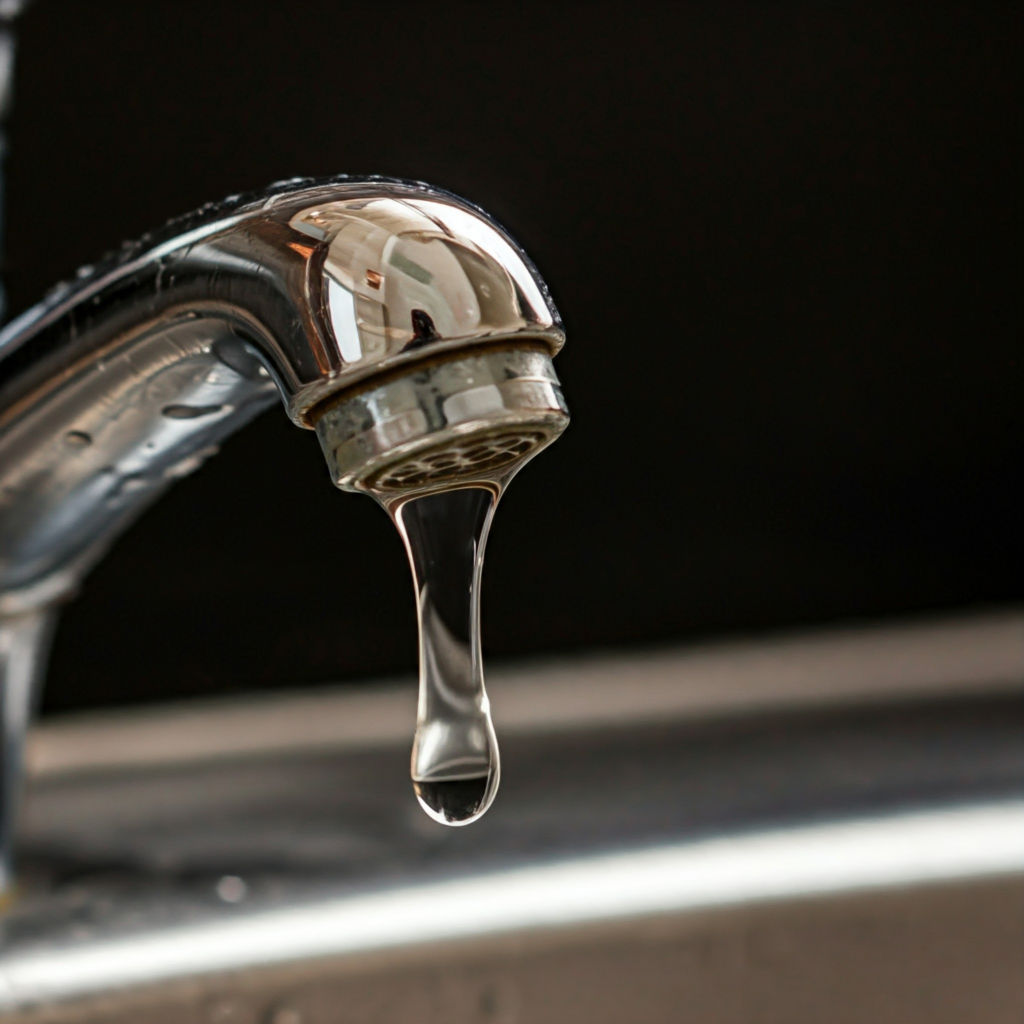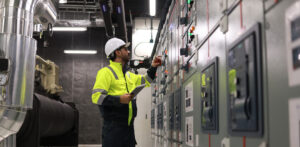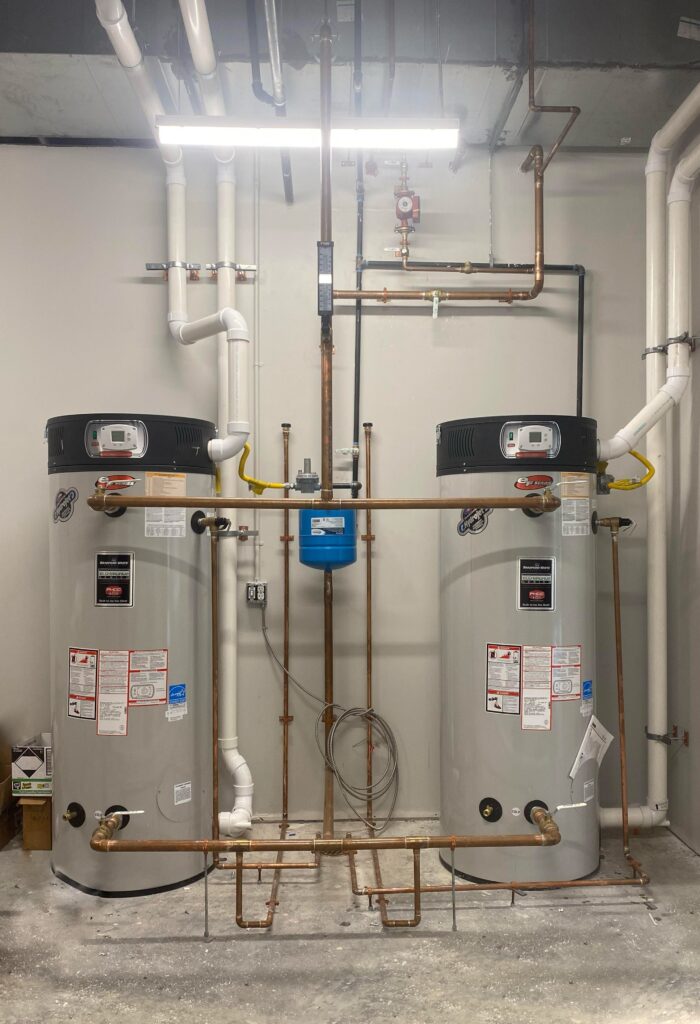Plumbing issues can be a real pain, but they don’t always require a professional plumber to fix. With a little know-how and the right tools, you can tackle many plumbing problems yourself. However, it’s important to know your limits and when to call in a professional. Here are some common plumbing problems that you may be able to fix yourself:
Clogged Drains
Clogged drains are one of the most common plumbing problems. They can be caused by a variety of things, including hair, soap scum, and food debris.
To unclog a drain, you can try using a plunger or a drain snake. If these methods don’t work, you may need to use a chemical drain cleaner. However, chemical drain cleaners can be harsh on your pipes, so it’s best to use them as a last resort.
Leaky Faucets
Leaky faucets can be a nuisance, but they can also waste a lot of water. If your faucet is leaking, you may be able to fix it yourself by replacing the washer or O-ring.
Running Toilets
Running toilets can be a frustrating problem. They can be caused by a variety of things, including a worn-out flapper, a clogged fill valve, or a leaky tank chain.
To fix a running toilet, you may need to replace the flapper, fill valve, or tank chain.
Low Water Pressure
Low water pressure can be caused by a variety of things, including a clogged aerator, a leaky pipe, or a problem with your water main.
To fix low water pressure, you may need to clean the aerator, repair the leaky pipe, or call your water company.
Clogged Toilet
Clogged toilets can be a messy problem. They can be caused by a variety of things, including toilet paper, foreign objects, and hard water deposits.
To unclog a toilet, you can try using a plunger or a toilet auger. If these methods don’t work, you may need to call a plumber.
When to Call a Professional Plumber
If you’re not comfortable tackling a plumbing problem yourself, or if the problem is beyond your scope of expertise, it’s best to call a professional plumber.
Here are some signs that you should call a plumber:
- You’re not sure what’s causing the problem.
- The problem is serious, such as a burst pipe or a sewer backup.
- You have standing water in your basement.
- You don’t have the necessary tools or equipment.
- You’re not comfortable working with plumbing.
Plumbing Safety Tips
- Turn off the water supply. Before you start any plumbing repairs, turn off the water supply to the affected area. This will help prevent flooding and water damage.
- Use caution when working with sharp tools. Plumbing repairs can involve using sharp tools, such as wrenches and screwdrivers. Use caution when working with these tools to avoid injury.
- Be aware of the risk of electrocution. If you’re working near electrical wires, be aware of the risk of electrocution. Turn off the power at the breaker box before you start work.
- If you are replacing a sump pump, unplug it before removal. If you fail to do so, you could spray gallons of water all over the place.
- Do not ever climb into your septic tank. Methane and hydrogen sulfide gases, which are present from the decomposition processes, may cause illness or death.
- Have a backup plan. If you’re not sure that you can fix the problem yourself, have a backup plan in place, such as knowing the number of a reputable plumber.
Additional Plumbing Tips
- Regularly inspect your plumbing. By regularly inspecting your plumbing, you can catch and fix problems before they become serious.
- Use a strainer in your bathtub and shower. A strainer can help prevent hair and other debris from clogging your drain.
- Flush your toilet after using it. This will help prevent clogs and keep your toilet clean.
- Don’t pour grease or oil down the drain. Grease and oil can clog your pipes.
- Use a drain snake regularly. A drain snake can help prevent clogs and keep your drains clean.
- Install a water softener. A water softener can help prevent hard water deposits from building up in your pipes and fixtures.
- Insulate your pipes. Insulating your pipes can help prevent them from freezing during the winter.
- Have your plumbing inspected regularly. A professional plumber can inspect your plumbing and identify any potential problems.
Plumbing problems can be a nuisance, but they don’t always have to be a major inconvenience. By following these DIY plumbing tips, you can tackle many common plumbing problems yourself. However, it’s important to know your limits and when to call a professional plumber.





